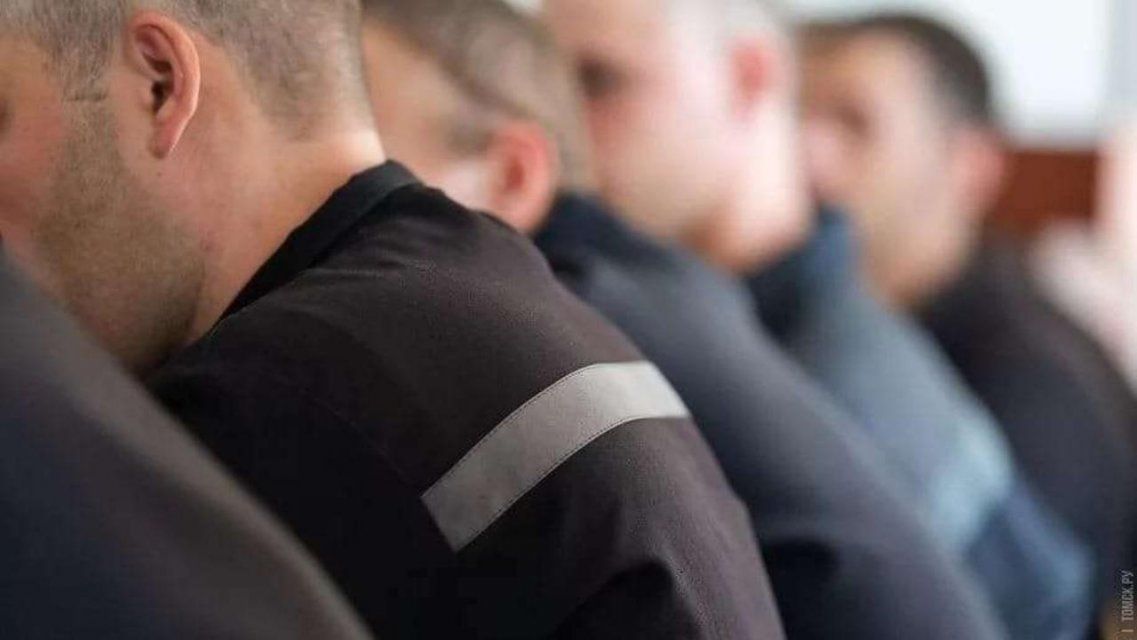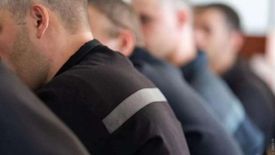Harassment of Participants of NGO Conferences and NGO Demonstrations

A new phenomenon of wide-scale detainment and harassment of NGO activists traveling to conferences that are seen as oppositional by the government emerged in 2006.
Two incidents were particularly striking, and both happened in July 2006 in the context of the G8 summit in St Petersburg. NGOs organized a number of parallel activities aimed at drawing attention of the international community to democracy backslide and growing human rights violations in Russia. Some of them were deemed by the government as particularly dangerous, namely “The Other Russia” conference of NGOs and opposition political parties in Moscow, and the Second Social Forum of left-wing and anti-globalist groups in St Petersburg. In a clearly coordinated effort of the FSB and the police, hundreds of activists across the country were visited in their homes and offices or called by the law enforcement representatives and were told not to go the conferences or they would “regret it”. A total number of more than two hundred activists from across Russia were detained on their way to the events, beaten, harassed, and their documents and tickets were unlawfully confiscated. They were charged with various violations ranging from minor offence of allegedly insulting the police or urinating in public to serious crimes of possessing explosives. Prosecutor General’s office acknowledged the unlawful character of some of these actions later in October 2006 in response to an inquiry by the Ombudsman Vladimir Lukin.
Similarly, growing use of unlawful restriction of the right for peaceful assembly has been increasingly taking place in 2006–2007 by public officials illegitimately forbidding NGO activists to organize demonstrations and pickets and by beating, detaining and levying administrative penalties on participants of demonstrations. A list of the most notorious recent cases includes:
Unlawful forbidding of a memorial picket on the anniversary of the Beslan tragedy in September 2006 in Moscow with detainment and cruel treatment of activists who came to Lubianka square with flowers and candles.
An illegal ban on January 26, 2006 of a peaceful demonstration by Human Rights Center “Memorial” and the All-Russia Public Movement “For Human Rights” planned on February 1 in front of the headquarters of the Federal Security Service to denounce the authorities’ efforts to smear human rights NGOs and establish control over civil society organizations. When on February 1 the organizers and participants arrived at the place of the rally, the police forces violently dispersed the crowd. Some twenty people were arrested and the organizers fined.
On October 16, 2006, in Narzan (Ingushetia) a picket to commemorate Anna Politkovksaya assassinated in Moscow on October 7, was violently dispersed by the police with activists beaten, pictures of Anna and flower bouquets thrown into the mud. Several organizers from local NGOs were taken to the police station. They were not allowed to talk to their lawyers for nine hours and later were fined for “violating the regulations in relation to the organization of a meeting”.
Recent examples of restriction of the right for peaceful assembly is the treatment of participants of the “Marches of the Dissenters” in St. Petersburg on March 3 and April 16, in Nizhny Novgorod on March 24 and in Moscow on April 15, 2007. In direct violation of the provisions of the law on demonstrations, the marches were banned and alternative routes were proposed without any any clear and reasonable justification and explanation as required by the law. Numerous anti-riot OMON troops encircled the areas surrounding the planned rallies. Many people were arrested even not having reached the place of the march. Those who made it to the place of gathering were brutally attacked and arrested. As estimated, on March 3 in St. Petersburg about 200-300 participants of the “March of the Dissenters” were detained. In Nizhny Novgorod several journalists, including reporters from foreign media, were detained for taking pictures of the march as well as two activists from the Nizhny Novgorod Committee against Torture. Similarly, in Moscow on April 15 and St. Petersburg on April 16 several hundred of participants were brutally attacked by the police with clearly disproportionate use of force and detained without access to lawyers and often without any proper documentation written.




